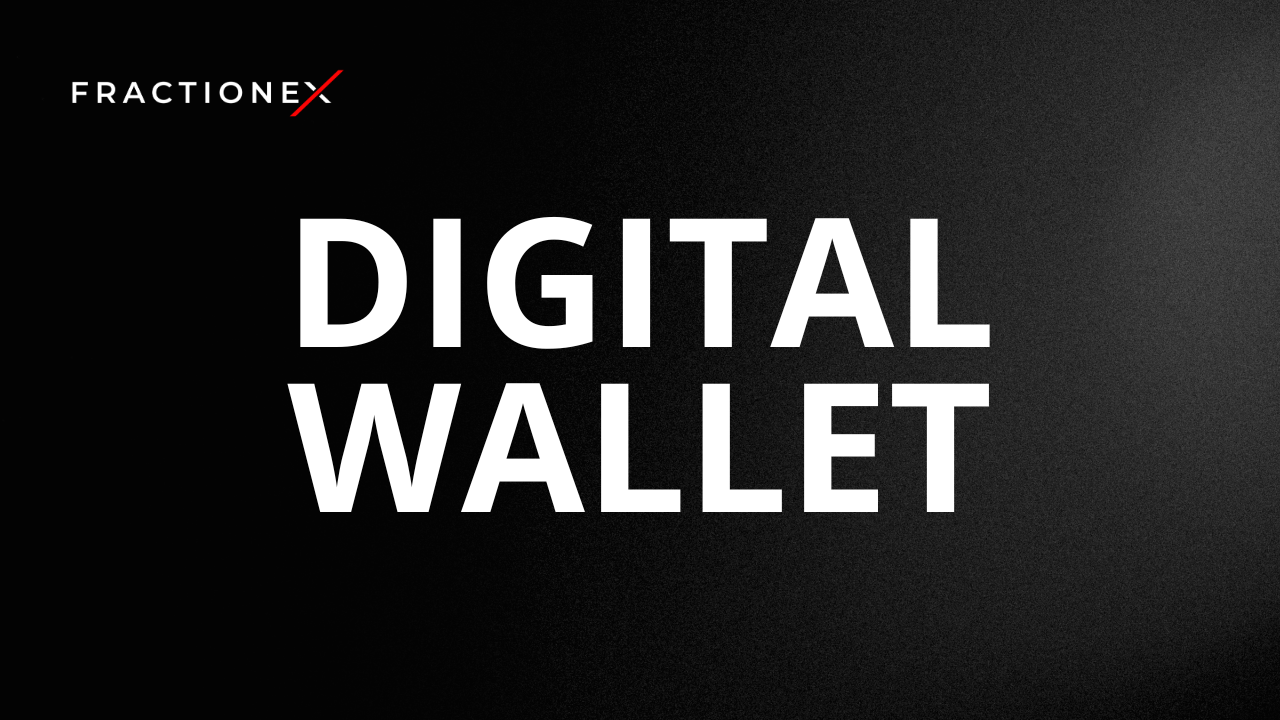A digital wallet (also known as an e-wallet) is a software application or hardware device that securely stores digital assets, such as cryptocurrencies, payment information, or digital tokens, and facilitates transactions. Digital wallets are widely used in cryptocurrency and fintech ecosystems for sending, receiving, and managing assets. Key Features of Digital Wallets: Private and Public [...]

A digital wallet (also known as an e-wallet) is a software application or hardware device that securely stores digital assets, such as cryptocurrencies, payment information, or digital tokens, and facilitates transactions. Digital wallets are widely used in cryptocurrency and fintech ecosystems for sending, receiving, and managing assets.
Key Features of Digital Wallets:
- Private and Public Keys:
- Private Key: A secret code that allows the user to access and control their assets. It must be kept secure.
- Public Key: A unique address derived from the private key, used for receiving assets.
- Transaction Management: Allows users to send and receive funds, view balances, and track transaction histories.
- Security:
- Most wallets use encryption and two-factor authentication (2FA) to protect user funds.
- Hardware wallets offer enhanced security by keeping keys offline.
Types of Digital Wallets:
- Hot Wallets (Connected to the Internet):
- Examples: Mobile apps, desktop applications, and web-based wallets.
- Pros: Easy to use, accessible from anywhere with internet access.
- Cons: More vulnerable to hacking and cyberattacks.
- Cold Wallets (Offline Storage):
- Examples: Hardware wallets (e.g., Ledger, Trezor) and paper wallets.
- Pros: Highly secure since they are not connected to the internet.
- Cons: Less convenient for frequent transactions.
- Custodial Wallets:
- Wallets managed by third parties (e.g., cryptocurrency exchanges like Coinbase or Binance).
- Users don’t control private keys; instead, the service provider secures the funds.
- Non-Custodial Wallets:
- Wallets where users control their private keys and have full responsibility for their funds.
- Examples: Trust Wallet, MetaMask.
Uses of Digital Wallets:
- Cryptocurrency Management: Store, send, and receive cryptocurrencies like Bitcoin, Ethereum, or stablecoins.
- Payment Processing: Used for online and in-person payments (e.g., Apple Pay, Google Pay).
- DeFi Interaction: Access decentralized applications (dApps) and engage in activities like staking, lending, or trading.
- Digital Identity: Store digital credentials, tickets, or other non-financial tokens.
Example Scenario:
If you have a digital wallet for Bitcoin:
- You receive your Bitcoin via your wallet’s public key (address).
- You use your private key to authorise sending Bitcoin to another user.
A digital wallet is essential for anyone participating in cryptocurrency or digital asset ecosystems, offering both convenience and security depending on its type.

